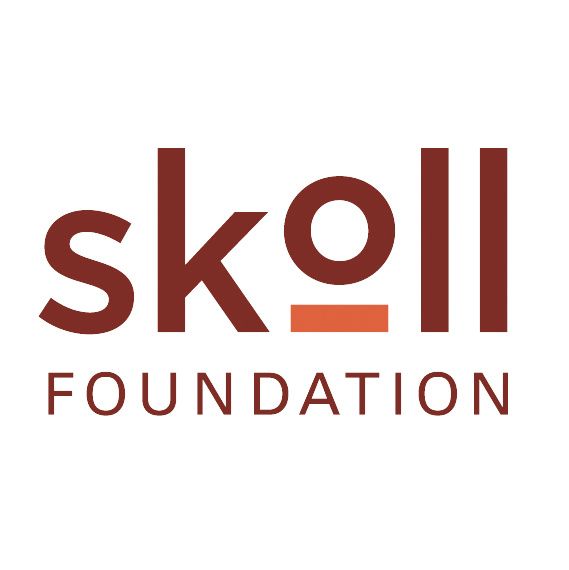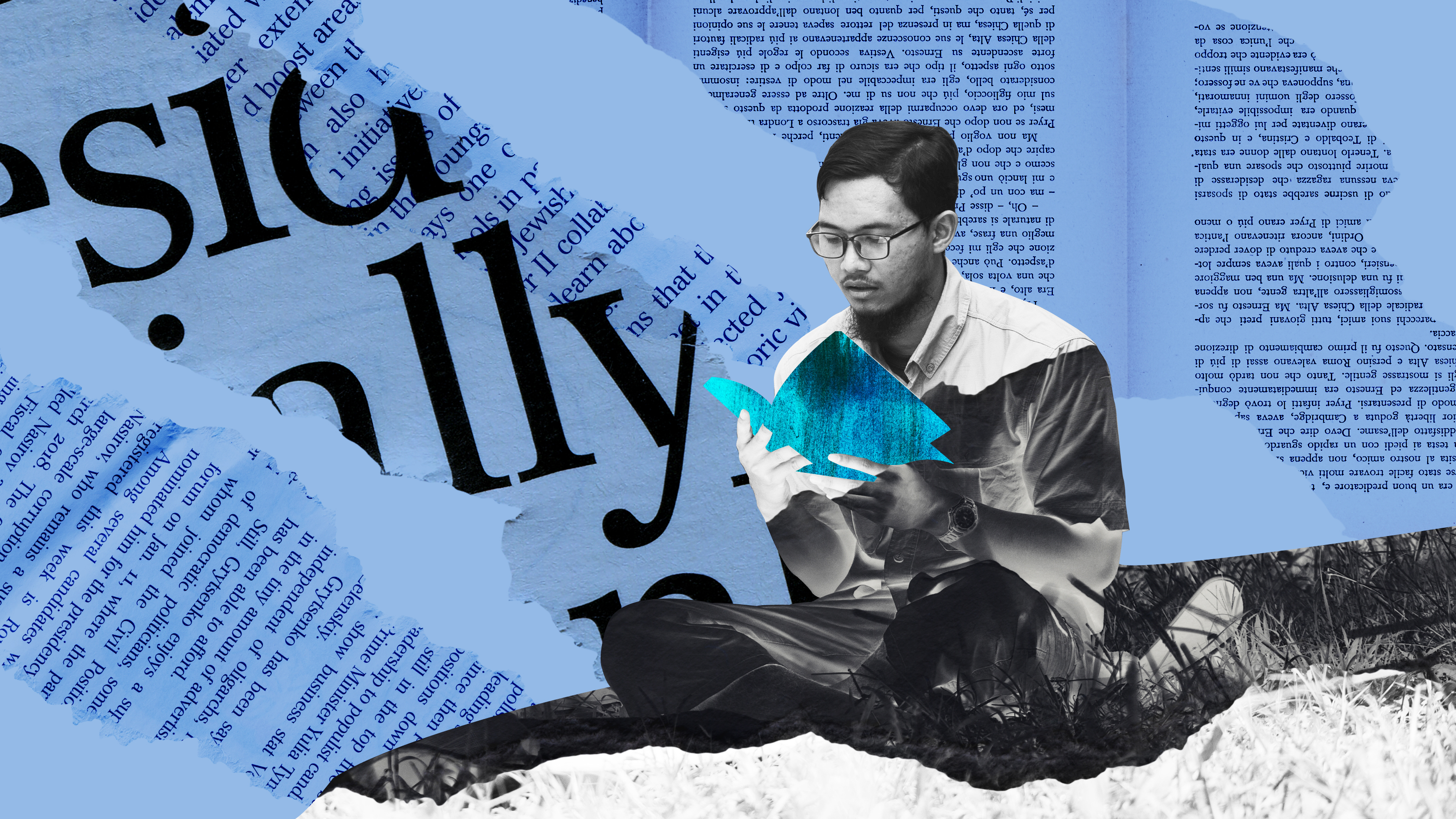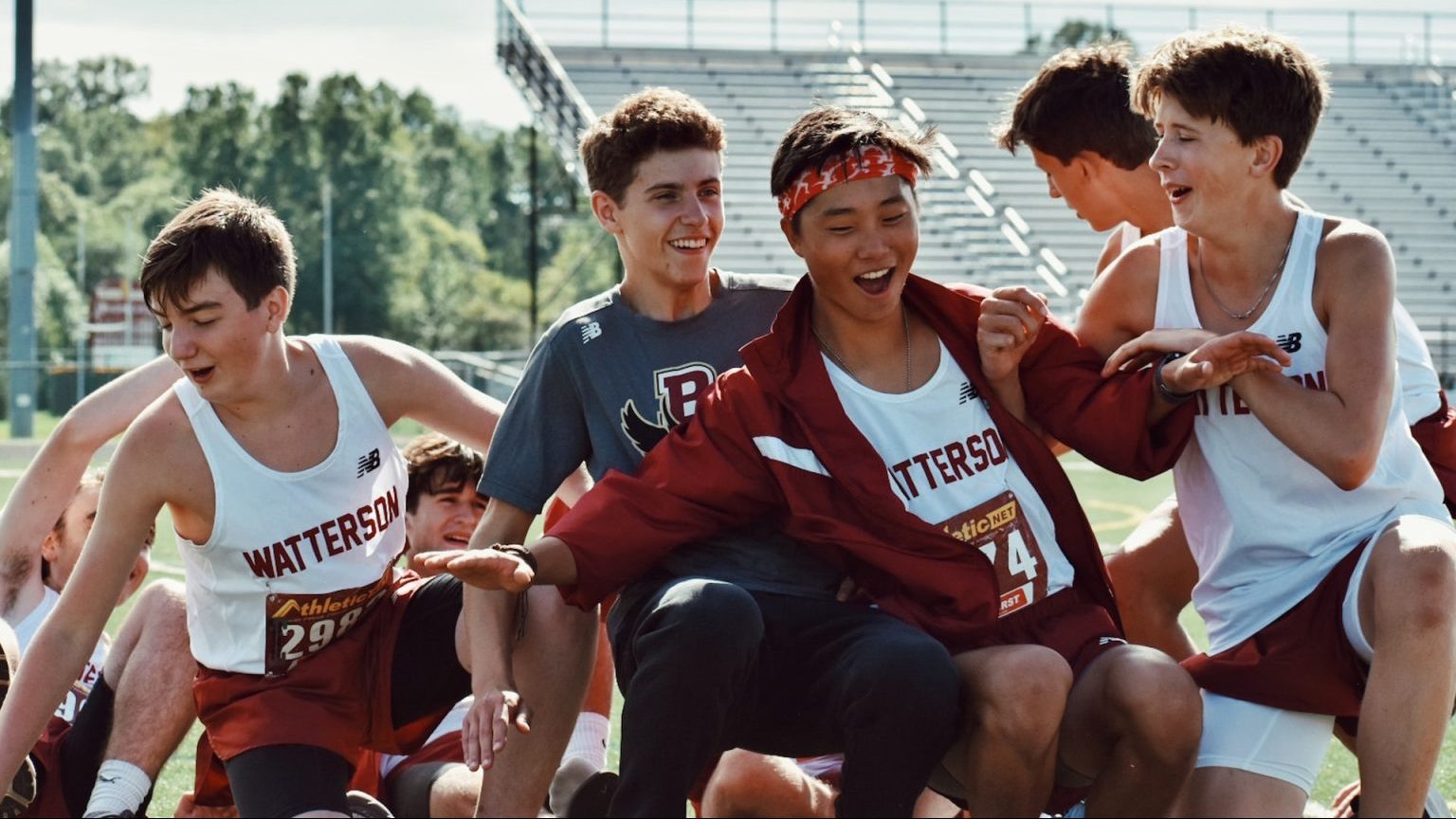OLIVIA LELAND: I think it's time to change the way that we think about solving the world's problems. We often think that it's who we vote for in a particular election, or supporting one particular nonprofit, or buying from ethical businesses. But what we know from every example across history of where we've really seen change in the longer term, it's required collaboration across sectors.
Take polio, for example. Back in the 1940s and '50s, it paralyzed or killed nearly half a million people per year around the world. And in 2018, there were only 33 reported cases of polio. How did that happen? It happened through the innovation that was required to come up with the vaccine, to the advocacy from communities and businesses, to the different organizations ensuring that there was a vision and a plan. And then, finally, philanthropy played a key role around both the innovation around the vaccine and then also delivery of the vaccine. Based on this example and many others, I started to see the tremendous potential that philanthropy could have, not alone but in collaboration with others.
I'm Olivia Leland, and I'm the founder and CEO of Co-Impact. I think the one constant throughout my entire life is that I always question everything. After college, I became really, really interested in this question of how can we have more impact in the world. Starting in 2015, I spoke with people around the world from philanthropists to social change leaders who were asking the question, "What do we know about what drives more impact?" One of the lessons that came out of this work is in fact that money is not everything. It's about so much more than that. Through my research, I found three main challenges. And I have some ideas about how to address each one of them.
So, challenge number one: We're failing to listen. Our instinct is often to go and start something new. What we really need to do is find people in communities who are already working on these problems every day, listen to them, and then see what's possible through our support of it to reach millions of people. The second challenge is that we tend to work in silos. The reality is actually most social change leaders want to collaborate. What we really need to be doing is making it easier for organizations, government and others to come together and drive more impact in the world. The third challenge is that we're thinking too short term. We are so focused on what's possible in one year, two years, three years. And the reality is the issues that we're working on are enormously complex. We have to be looking at five years, 10 years and beyond to scale impact in a meaningful and long-term way.
So, take for example Pratham and Teaching at the Right Level. They applied these lessons, and they're making a huge difference. They saw that even though kids were enrolled in school, they weren't achieving the kinds of outcomes in numeracy and literacy that they'd hoped for. They developed a simple methodology. Rather than grouping kids by age, they decided to group kids according to the level that they were at. And the results that they saw were really striking. After just 50 days, the kids in the program were able to read. Most recently, they've been partnering with the Jameel Poverty Action Lab to take this work to scale. So first, it's about listening and taking what's been proven and saying, "How do we apply this?" Second, it's about the collaboration between J-PAL, Pratham, and ministries of education across multiple countries in Africa. And finally, they started to think long term. With funding from Co-Impact as well as from other funders, the ambition for Teaching at the Right Level Africa, is to reach three million children over the course of the next five years. And Teaching at the Right Level is but one example.
What we're seeing is these coalitions of actors that are coming together, taking something which has been proven and saying, "What does it take to truly embed these in systems in a way that we can address some of the most complex challenges of our time?" So, our job, each of us, is to go and find those organizations and those individuals, and to support them. We need to collaborate, we need to listen, we need to take the long-term view, and that's what will actually drive the kind of change that we want to see in the world.






